Well - One term is now becoming solidified in my new lexicon - Security Sector Reform (SSR). The new FM on Stability Ops is not too far out - Security Force Assistance (SFA) will be a part of it (big hat tip to SWC member Old Eagle for some damned fine witting!).
I vote one of the topics incorporate the broader topic of SSR - this will allow potential authors to cover everything from Inter-Agency work in SSR to Rule of Law.
Under the broader topic we can also include sub and related topics of: advising, working with/in support of indigenous forces, FID, PRT, building partner capacity, etc. While these are often parts and pieces of the same things, or cross into multiple areas which together work toward stability - they fall under the SFA and SSR umbrellas.
I'll sign up to be on the review board.
It will also help our effort here at JCIFSA (Joint Center for International Security Force Assistance) by identifying folks interested in the topic, and by some possible ideas from those thinking or working in other areas. Some good threads might be spun off from the papers.
Best Rob






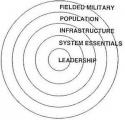


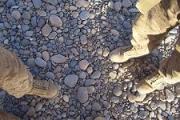


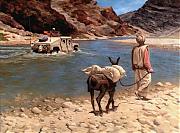
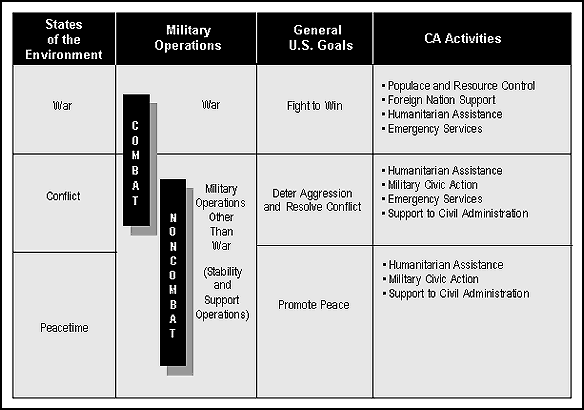
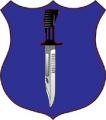


Bookmarks